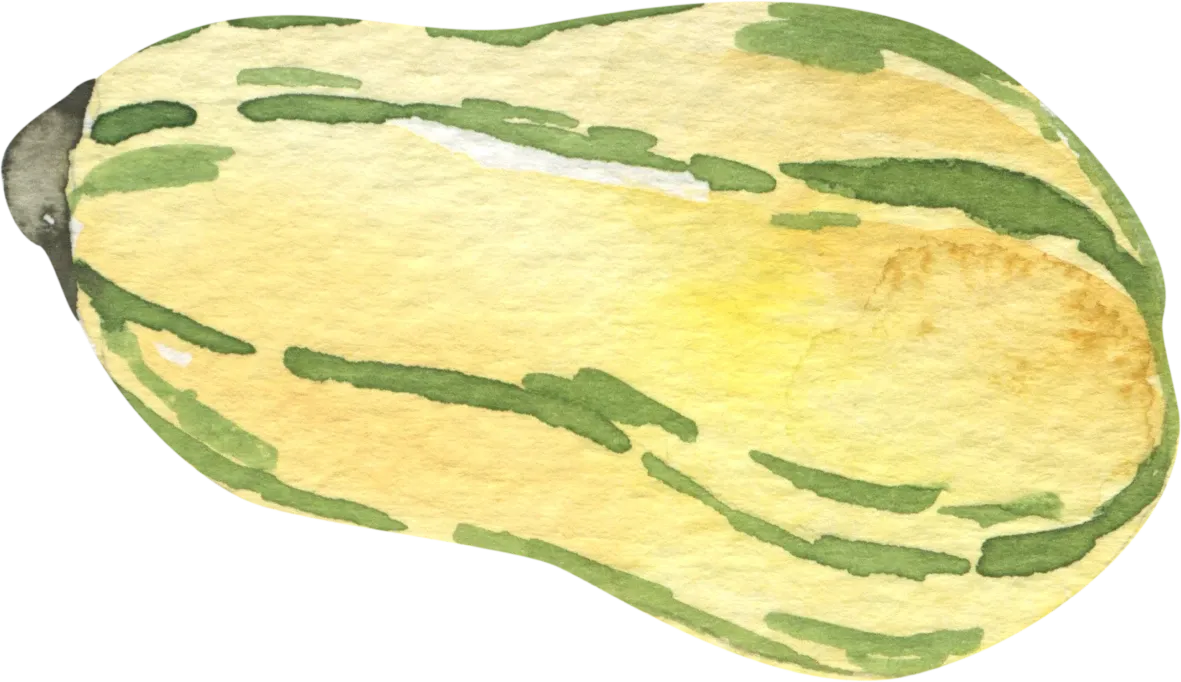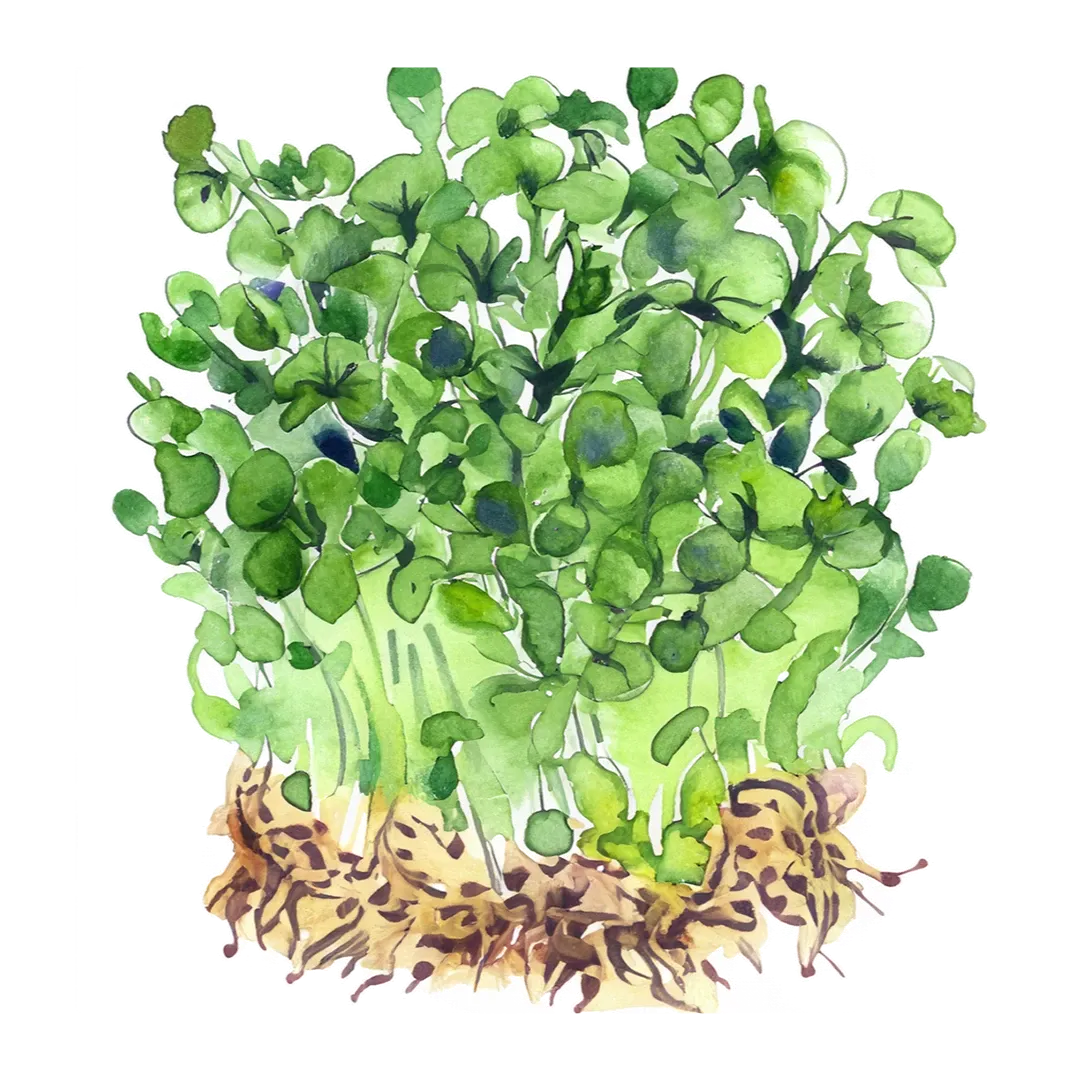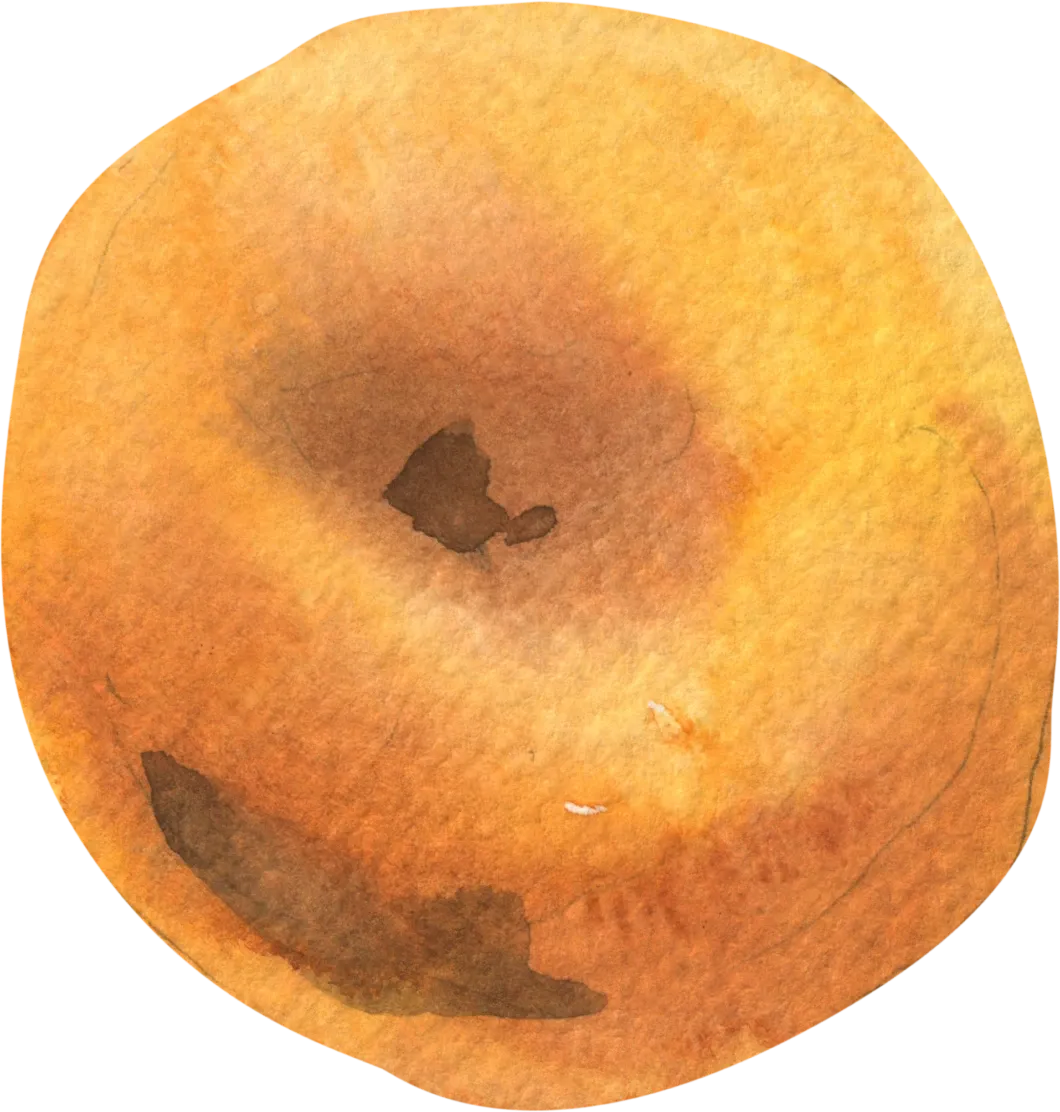The Health Benefits of Winter Squash: A Sweet and Nutritious Cold-Weather Staple
Introduction
Winter squash is a family of nutrient-dense vegetables that includes varieties like butternut, acorn, spaghetti, and kabocha squash. Known for their rich, sweet flavor and hearty texture, winter squash is a cold-weather favorite. These versatile vegetables are not only delicious but also packed with essential vitamins, minerals, and fiber, making them a great addition to any balanced diet.
Health Benefits of Winter Squash
- Promotes Eye Health
Winter squash is an excellent source of vitamin A, primarily in the form of beta-carotene, which is essential for maintaining healthy vision. Regular consumption of vitamin A-rich foods like winter squash can help prevent age-related eye conditions, such as macular degeneration.
- Supports Immune Function
The high vitamin C content in winter squash plays a key role in boosting the immune system. Vitamin C helps protect the body from infections and supports faster recovery from illnesses, making winter squash a great addition during cold and flu season.
- Rich in Antioxidants
Winter squash contains powerful antioxidants, including beta-carotene and vitamin C, which help protect the body from oxidative stress. These antioxidants reduce inflammation and lower the risk of chronic diseases like heart disease and certain cancers.
- Supports Heart Health
The potassium found in winter squash helps regulate blood pressure, supporting heart health. In combination with fiber, potassium aids in lowering cholesterol levels and reducing the risk of cardiovascular disease.
- Aids in Digestion
Winter squash is a good source of dietary fiber, which promotes healthy digestion by supporting regular bowel movements. Including fiber-rich vegetables like winter squash in your diet can help prevent constipation and support gut health.
Creative Ways to Enjoy Winter Squash
Winter squash can be prepared in a variety of ways to enhance both flavor and nutrition:
- Roasted: Roast winter squash with olive oil, salt, and herbs for a caramelized, flavorful side dish.
- In Soups: Blend roasted squash into a creamy soup for a comforting, nutrient-packed meal.
- In Salads: Add roasted or cubed squash to salads for a sweet and hearty contrast to greens and nuts.
- Stuffed: Hollow out acorn or kabocha squash and stuff it with grains, nuts, and veggies for a satisfying main dish.
- In Pies and Breads: Use pureed winter squash in pies, muffins, or breads for a naturally sweet and nutritious twist.
Conclusion
Winter squash is a delicious and nutritious vegetable that brings warmth and sweetness to cold-weather meals. Packed with vitamin A, antioxidants, fiber, and potassium, winter squash supports eye health, immune function, heart health, and digestion. Whether roasted, blended into soups, or baked into breads, winter squash is a versatile and healthy addition to any meal.
FAQs About Winter Squash
- Is winter squash good for weight loss?
Yes, winter squash is low in calories and high in fiber, making it a filling and nutritious option for those looking to manage their weight.
- How should I store winter squash?
Store winter squash in a cool, dry place where it can stay fresh for several months. Once cut, wrap the squash in plastic wrap and refrigerate for up to a week.
- Does winter squash lose nutrients when cooked?
Winter squash retains most of its nutrients when roasted or baked, although boiling may reduce its vitamin C content. Roasting is a great way to preserve its flavor and nutrients.
- Is winter squash AIP diet compliant?
Yes, winter squash is compliant with the AIP diet and can be enjoyed by those following the autoimmune protocol.
- Is winter squash Low-FODMAP?
Yes, certain varieties of winter squash, such as butternut, are considered Low-FODMAP when consumed in small portions.
- Is winter squash Low Histamine?
Winter squash is generally low in histamine and well-tolerated by individuals with histamine intolerance.
- Is winter squash Keto-friendly?
Winter squash is relatively higher in carbohydrates than other vegetables, so it should be consumed in moderation on a keto diet. Small portions of certain types, like spaghetti squash, can fit into a low-carb plan.
Recipes
Check out our meal planning service by following these recipes:









